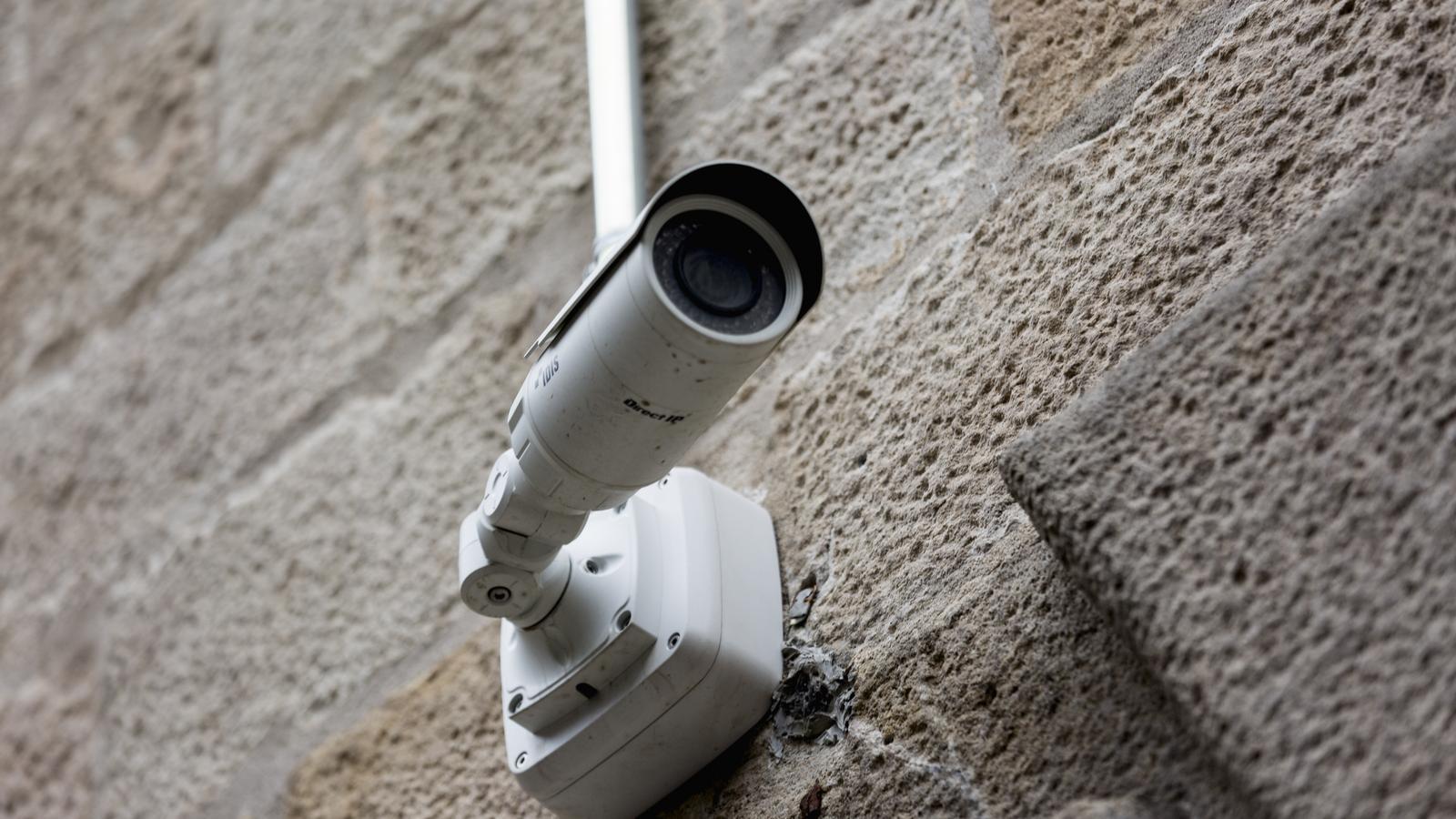

Technological advances in the field of surveillance of people, and the lack of control with which they are implemented, have long been of concern to experts. But it has been in the wake of the pandemic that an increase in the use of these technologies has been detected, both by states and private actors. This is the conclusion of a report published by the Observatory of Human Rights and Business in the Mediterranean, the European Network of Corporate Observatories, the Multinationals Observatory and the Shoal cooperative, which is part of a series of studies that analyse the situation in other countries, such as France and Great Britain.
In the Spanish case, the study cites cases such as the use of drones by the police for surveillance tasks, the exponential increase in the installation of security cameras (especially in the centre of Madrid) and the purchase by private companies, such as supermarkets, of facial recognition programmes capable of recognising the faces of thieves even when wearing masks. It also cites the mobile phone spying case suffered by the former president of the Parliament Roger Torrent with the Pegasus programme, designed by an Israeli firm.
This specific case is a flagrant crime, but in others it is not so obvious because there is no clear regulation. It is not known, for example, what is done with the recordings of police drones. It is essential to find a balance between security, which is an important value, and the right to privacy and to be recorded without permission. Increasingly, big cities run the risk of becoming a kind of film set where our whole lives will be recorded from the moment we leave our homes. And we are not talking about the data we offer more or less voluntarily to the big social networking companies (Facebook, Google, etc.), but about our own image.
Where there are more doubts is in the use of technologies, through algorithms, that play at anticipating the behaviour of people. It is known that there are companies that come with programmes that, for example, alert the police when they detect a person who looks a certain way or makes movements that can be interpreted as hostile. Let's imagine the case of a place where there have been two robberies with the coincidence that the two thieves were dressed in red. There is a danger, because the artificial intelligence algorithms work in this way, that the alarm will go off every time a person wearing red enters the premises. And now imagine adding ethnic profiling to this. The risk of linking ethnic profiling with crime would turn millions of innocent people into suspects overnight.
As a society we need to open a debate on the limits to be placed on these devices that already make possible, for example in China, the Big Brother dystopia imagined by George Orwell: an all-powerful state that knows everything about us because it applies facial recognition technology on a large scale. The European Union must become a fortress of individual rights and place limits on these practices.
